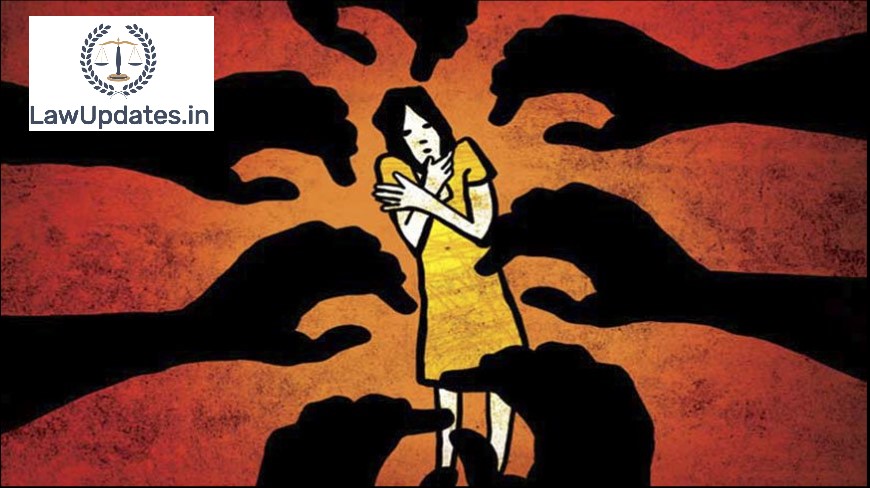The Madras High Court recently held that juvenile offenders should not be dealt with in a purely punitive manner but rather, must be given individual reformative treatment as contemplated under the Juvenile Justice (Care and Protection of Children) Act.
Justice AD Jagadish Chandira observed that children in conflict with law should be treated as children in difficult circumstances and the approach of the juvenile justice system should be aimed at addressing the vulnerabilities of such children and ensuring their rehabilitation.
“Juveniles involved in crimes are not criminals; in fact, they are victims of society in some cases. Juvenile delinquency can be stopped at an early stage, provided special care is taken both at home and in school. Parents and teachers play a major role in fostering the mind of a child. Instead of labeling them as criminals or delinquents, importance is to be given on understanding the needs of children and give them a scope for modification. The problem of child crime like many other social problems is linked up with the imperfections and maladjustment of our society”, the Court said in its order.
The High Court considered the impact of the pandemic lockdowns on the mental health of minors.
“As meant by the proverb, “idle mind is the devil’s playground”, it is painful to note that during the pandemic frozen period, the children were left with the option of either “idiot box” or “smart phone” making them less proximate to their parents and care takers and thereby susceptible to infection of their minds with much more impact than the pandemic illness”, the court observed.
The adverse impact of such isolations could be seen from some viral videos showing students behaving irresponsibly both inside and outside their schools, the court noted as it called for action from the State authorities.
“It is really heartbreaking to see that the students go to the extent of severely misbehaving with teachers who are to be revered….Such events rings alarm that the State and the society should wake up to the situation. The State should involve the Education Department and the Social Welfare Department in an effective manner so that things do not go beyond our hands, the Court said.
Heartbreaking to see that the students misbehaving with teachers.
Madras High Court
In the instant case, the High Court observed that punishing a minor boy for entering into a relationship with a minor girl would defeat the ends of justice and that a more reformative approach is needed in such cases.
“Therefore, punishing the minor boy who enters into a relationship with a minor girl who were in the grips of their hormones and biological changes which is otherwise normative development in the children, is against the principles of the best interest of the child”, the order stated.
The Court made these observations while considering a Criminal Revision Case filed by the mother of a minor petitioner seeking to set aside the order of detention rendered by the Juvenile Justice Board.
The JJ Board had ordered the boy to undergo three years detention for offences punishable under Sections 5(j)(ii) (penetrative sexual assault) read with Section 6 (aggravated penetrative sexual assault) of Prevention of Children from Sexual Offences (POCSO) Act, 2012, merely observing that the child had confessed.
When the petitioner was 15 years old, he developed an intimate relationship with a 17-year-old girl which led to quarrels between the girl and her mother.
The petitioner allegedly went to the house of the girl and had penetrative sex with her on the premise that her mother would not be able to object to them getting married since they already had sex.
The girl became pregnant in August 2019 but the boy questioned the paternity of the child.
Subsequently, the girl and her mother lodged a complaint with the police leading to the detention order of the JJ Board.
Challenging the detention order at the High Court, the following arguments were made on behalf of the petitioner:
JJB Order is non-speaking, cryptic, in contravention to the procedure laid down by the Supreme Court and various High Courts;
The JJ Act is a gender neutral act but JJ Board did not assess the situation considering the fact that the girl is older than the petitioner;
There was a long delay between the occurrence of the alleged incident and lodging of the complaint which is unexplained by the prosecution;
Statement of the girl under Section 164 Code of Criminal Procedure prove that the relationship was consensual but the JJ Board took the peitioner’s statement about the incident as an admission of sexual assault;
Age of the girl and paternity of the child was not proved conclusively; and
Witnesses were not examined to prove the prosecution case.
Considering the facts and circumstances of the case, the High Court concluded that the infatuation of two minors had been given a criminal colour and one of the them has been penalised.
The Court found that the age of the girl had not been proven conclusively and that the inquiry contemplated under the JJ Act has not been completed either.
“In the case on hand, the irresponsible behaviour on the part of the petitioner/minor and the victim girl, who hail from the lower strata of the society, is nothing but, a mirror image of the lacuna of the society in taking sufficient care for others….in all justice has been denied to the petitioner/child in conflict in law”.
Therefore, it set aside the order passed by the JJ Board and set the minor petitioner at liberty.
Source Link




